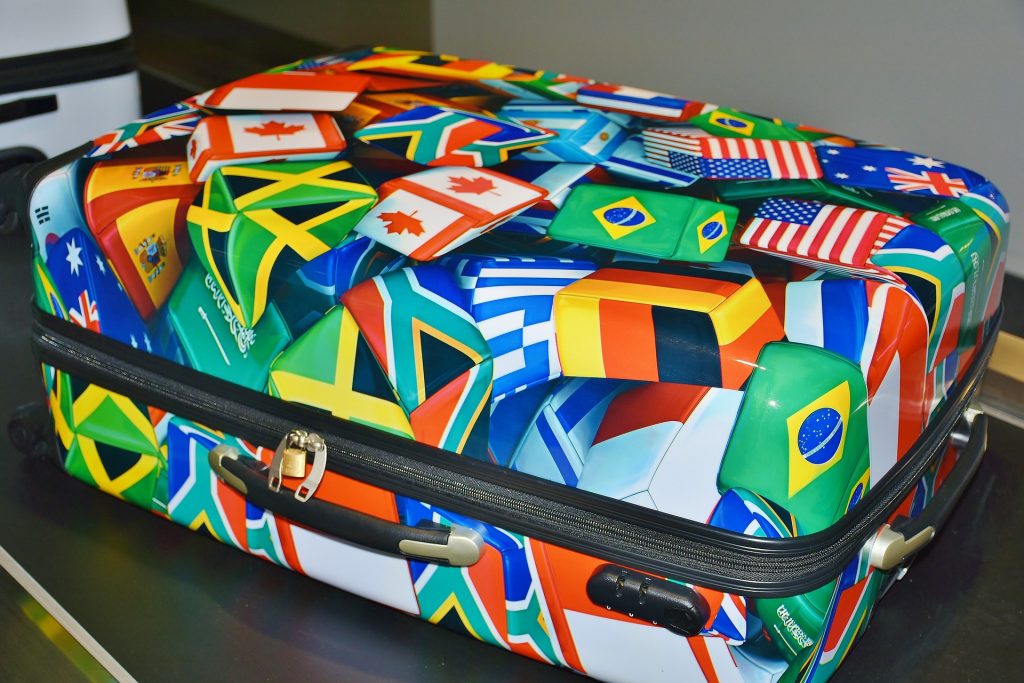
In past articles I have written about international cooperation on company level. But there is also a lot to say on a purely private level. In my family and circle of acquaintances I am not the only one who has moved to another country to live with their partner. And during an exchange of experiences with other “impacted” people I have discovered interesting parallels.
When you move to another country, a large part of your personal wealth of experience has to be reset to start with. You don’t know which is the best electricity provider, DIY store or producer of ice cream and you rely on your local partner for starters. In addition, when it comes to local habits and rules of conduct, your partner will be the first source of information – which can save you from unpleasant surprises, but also leaves you wide open to all kinds of manipulation!
For many of us, the natural temptation is to declare personal preferences and habits to be the national standard along the lines of “This is how people usually do things here in …”. In the first years, my husband’s grown-up children were a great help to me, when they took me aside every now and then and said “Don’t believe him! Nobody here acts like that except Pa!” This would be about certain clothing standards, for example, or my husband’s former habit of sealing even larger deals with a handshake.
I myself was able to fight back mercilessly during the occasional holiday trips to Germany – and luckily for me, there was no one around who could have said “Nobody here does it like that except Beate!”.
After a while you become in many respects more independent. I had gone through all the ice cream flavours and had completed the language course well enough to be able to consult the Dutch consumer association about electricity providers.
And sooner than you would have ever thought possible, as a “newcomer” you adopt some customs and points of view that seemed exotic at the beginning. You learn to appreciate many things, even if they took some getting used to in the beginning – for example the very quick familiarity on a professional level or the obligatory three kisses on the cheeks for greeting and farewell, which are a tradition in the Netherlands among family and friends. (When corona obliged us to abstain, I had the feeling that something was missing…)
But sometimes you stubbornly defend your own culture. For example, all our invitations emphasise “coffee and cake the German way”. This means that guests are welcome to eat more than one piece of cake.
With a couple I know, “she” comes from a country where the question is usually not WHEN the bus is coming, but WHETHER it is coming. It is very funny to witness this young woman – after six months in the Netherlands – now standing at a bus stop complaining eloquently about a three minute delay. And her partner stands next to her beaming all over his face saying “Isn’t that wonderful! She complains as if she had been here for 20 years.”
Original text: BBR
English translation: BCO
Bildquellen
- luggage-2384860_1920: Rita E / Pixabay

